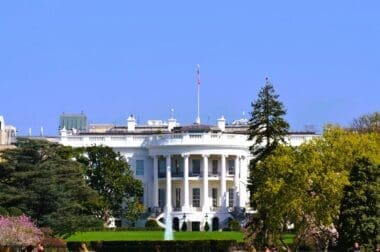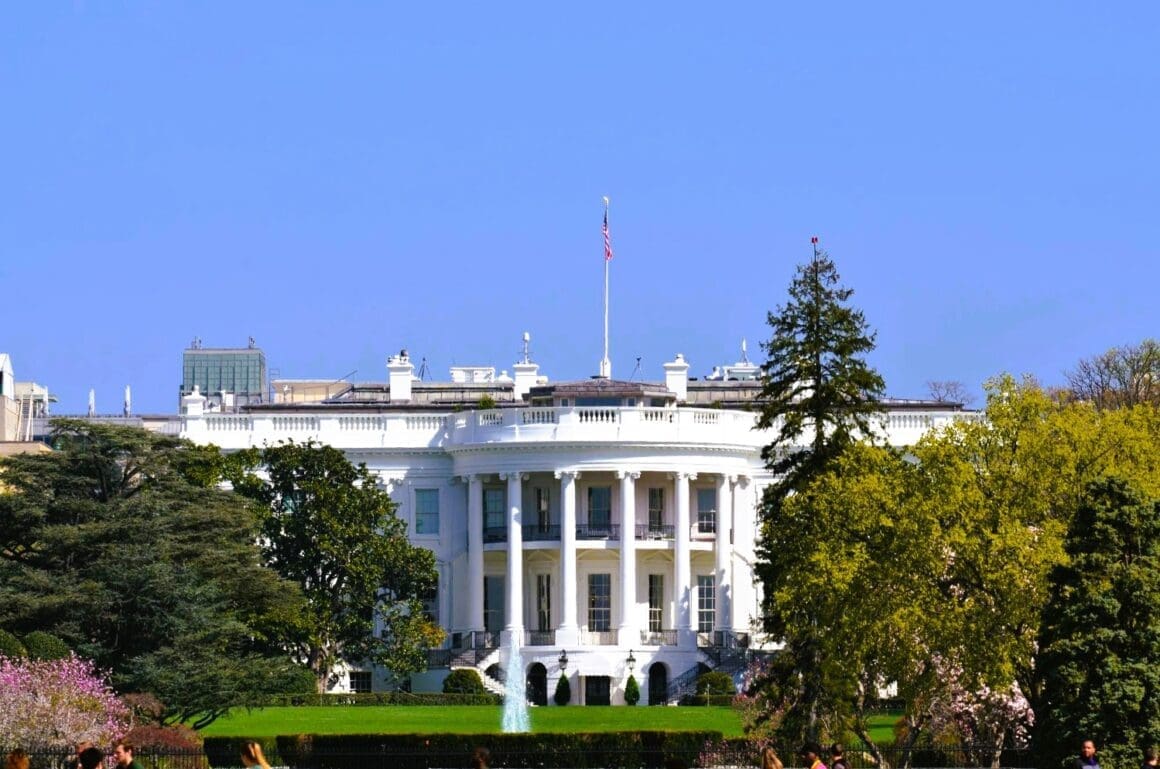The Trump administration has maintained that it is not obligated to collaborate with El Salvador to facilitate the return of Kilmar Armando Abrego Garcia, who was erroneously deported to the country. This stance comes shortly after the U.S. Supreme Court supported a federal judge’s order for American officials to “facilitate” his return to the United States. The situation could potentially lead to a significant confrontation between the administration and the federal judiciary over the extent of judicial authority in resolving immigration disputes, especially those involving foreign entities.
The Justice Department, in recent court documents, asserted that federal courts lack the authority to dictate how the Executive Branch should manage foreign relations or engage with foreign governments. They argued that officials are only responsible for removing domestic obstacles that might impede Abrego Garcia’s return. This follows an order from U.S. District Judge Paula Xinis, who directed the administration to “take all available steps” to facilitate his return after he was mistakenly deported to a notorious prison in El Salvador the previous month.
A previous similar order by Judge Xinis was challenged by the government up to the Supreme Court. The Supreme Court upheld the judge’s order but did not specify a timeline for Abrego Garcia’s return, pointing out that the district judge’s directive needed clarification, while emphasizing the deference due to the Executive Branch in foreign affairs. The Justice Department’s interpretation of “facilitate” in this context is to remove domestic barriers allowing an alien to enter the United States, stressing that no other interpretation is feasible or constitutional.
In a separate filing, a senior official from Immigration and Customs Enforcement (ICE) stated that Abrego Garcia is no longer eligible for withholding of removal due to allegations of his affiliation with the MS-13 gang, which the administration has labeled as a foreign terrorist organization. Despite being granted protected status by an immigration judge in 2019, prohibiting deportation to El Salvador, the administration’s recent claim would expedite his deportation if he were brought back to the U.S.
The administration confirmed in a Saturday filing that Abrego Garcia is “alive and secure” in El Salvador’s mega-prison, CECOT. A senior State Department official reported that he is currently detained in the Terrorism Confinement Center in El Salvador, affirming his wellbeing within the facility.
Your World Now
The ongoing legal battle highlights a critical intersection between immigration policy and judicial oversight, potentially influencing how similar cases are handled in the future. For individuals and families navigating the immigration system, this scenario underscores the complexities and uncertainties that can arise even after legal protections are granted. The outcome could set a precedent for how deportations are managed, particularly in cases involving allegations of criminal affiliations and the role of U.S. courts in directing foreign policy.
For communities, especially those with significant immigrant populations, such developments can impact local dynamics, affecting community trust in federal systems and services. The broader implications extend to international relations, as diplomatic engagements with countries like El Salvador may be influenced by how such cases are resolved. The situation invites reflection on the balance of powers between government branches and the human consequences of immigration policies.














